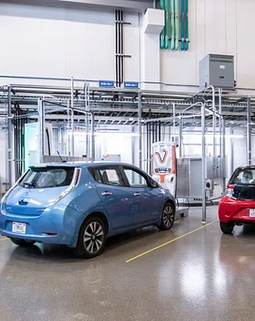Introduction
Investing in the thriving automobile industry of Nepal can yield lucrative returns. With a growing middle class, increasing disposable income, and government initiatives promoting the sector, Nepal presents an attractive investment destination for automobile businesses. This article highlights the investment potential, market trends, regulatory framework, and key investment considerations in Nepal's automobile mobile industry.
Market Potential and Demand
Nepal's rapidly expanding middle class has fueled the demand for automobiles. Consumers' increasing purchasing power and aspirations have led to a rise in vehicle ownership, creating a significant market for automakers and related businesses. The growing urbanization and infrastructural development further amplify the demand, making it an opportune time for investors to tap into this market.
Government Initiatives and Policies
The Nepalese government has implemented several policies and initiatives to promote the automobile industry. Measures such as reduced taxes and import duties, simplified vehicle registration procedures, and electric vehicle incentives have created a favorable business environment. These initiatives encourage local manufacturing, technology transfer, and sustainable practices, making the industry more attractive to domestic and foreign investors.
Market Trends and Opportunities
The automobile industry in Nepal is witnessing promising trends, including a shift towards electric vehicles, increased demand for SUVs and sedans, and the emergence of car rental and ride-sharing services. Furthermore, the demand for spare parts, accessories, and after-sales services is also growing. Investors can capitalize on these trends by diversifying their portfolios or establishing partnerships with local manufacturers and service providers.
Regulatory Framework and Challenges
While Nepal offers promising investment opportunities, navigating the regulatory framework can take time and effort. Understanding the legal requirements, licensing procedures, and compliance obligations is crucial. Additionally, infrastructure limitations, import restrictions, and fluctuating government policies pose challenges that investors must consider and address in their business strategies.
Conclusion
Investing in Nepal's automobile mobile industry presents many opportunities for entrepreneurs and businesses seeking growth and profitability. The sector is poised for significant expansion with strong market potential, supportive government policies, evolving market trends, and a rising consumer base. However, careful planning, market research, and regulatory compliance are vital for successful investment in this dynamic industry.





